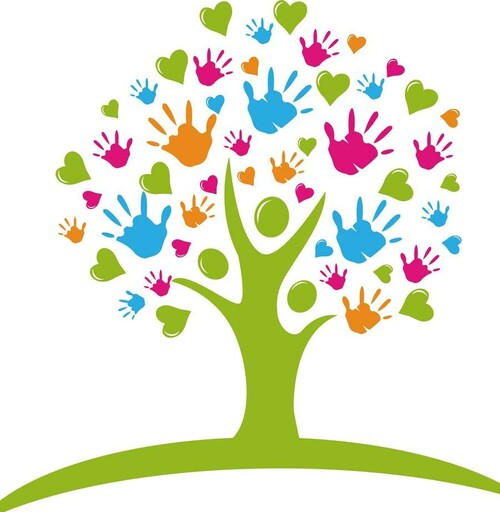Purpose
School counselling services are school or district based, non-categorical resource services designed to support students, their families and educators. These services are intended to facilitate the educational, personal, social, emotional and career development of students in schools and in the community.
The focus of school counselling is upon enhancing the students’ development, assisting with the development of an enabling school culture, and empowering students toward positive change.
Description of Services
School counselling functions include individual, group and class work to provide both a prevention and intervention service. The counsellor:
- promotes personal and social development appropriate to developmental stages;
- counsels students, their families and the community to foster growth in the students' self-esteem, individual responsibility, and in skills such as decision-making and social skills;
- ameliorates factors which may precipitate problems for students;
- enhances students' educational achievement through goal setting, assisting with the development of portfolios, IEPs and activities such as promotion of effective work and study habits;
- provides appropriate interventions to assist students with school-related problems and issues; and
- facilitate the goals of career education by assisting students and their families to explore and clarify the student's career options, through developmental activities that stress decision-making, personal planning and career awareness.
Access to School Counselling Services
As a member of the School Based Team (SBT), school counsellors assist in the access to and coordination of school, district and other community services for students. Coordination may include information gathering, case management, referral, and liaison among home, school and community. School counsellors frequently assist students with transitions between schools throughout the K-12 system and with post-secondary plans.
Contact
Golden Zone Elementary Counsellor
Jordanne Monahan
Email Jordanne Monahan
Kimberley Zone Elementary Counsellor
Denise Stephenson
250-427-2283 ext 4755
Email Denise Stephenson
Windermere Zone Elementary Counsellor
Sue Bradley
250-342-6232 ext 4566
Email Sue Bradley
Golden Secondary School
Ron Ainslie
250-344-2201
Email Ron Ainslie
David Thompson Secondary School
Shannon Warren
250-342-9213
Email Shannon Warren
Selkirk Secondary School
Jeff Pew
250-427-4827
Email Jeff Pew
